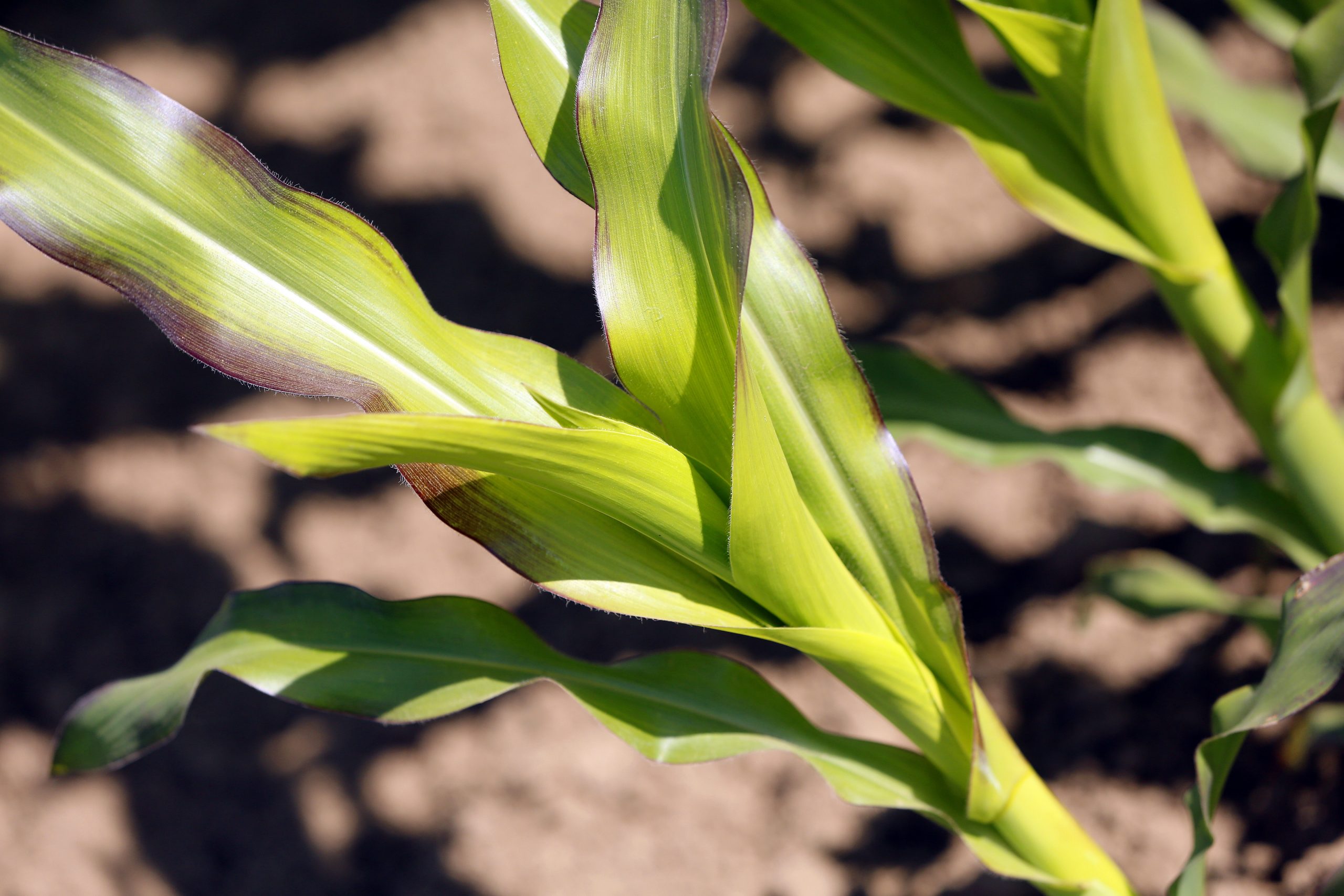Raising the vitamin E content in maize

A genome study in the US found that maize contains genes that control the vitamin E content in the plant.
Sciencedaily reports that the research identified 14 genes across the genome of the maize plant that were involved in the synthesis of vitamin E. 6 genes were newly discovered to encode proteins that contribute to a class of antioxidant compounds called tocochromanols, collectively known as vitamin E.
Read also: Gene editing produces high methionine corn
The study was carried out by Cornell University scientists and colleagues from other institutions and published in the journal ‘The Plant Cell’. “There has been talk, among breeders working to increase pro-vitamin A in maize, that we could increase vitamin E at the same time,” said Christine Diepenbrock, a graduate student in Gore’s lab, and the paper’s first author to ScienceDaily. “They are related compounds biochemically, and tocochromanols are essential for seed viability in that they prevent seed oils from going rancid throughout seed storage, germination and early seedling development.”
These findings could lead to improving the nutritional profile of maize.
Source: ScienceDaily











